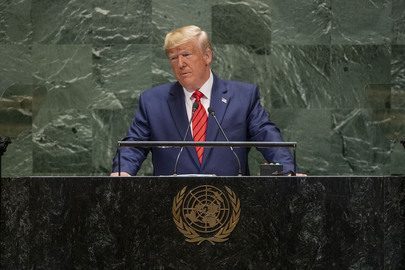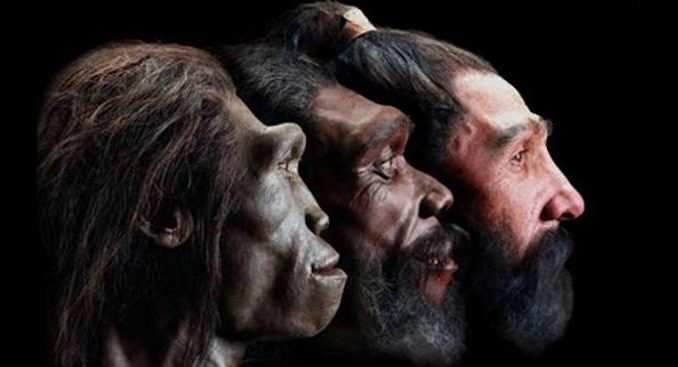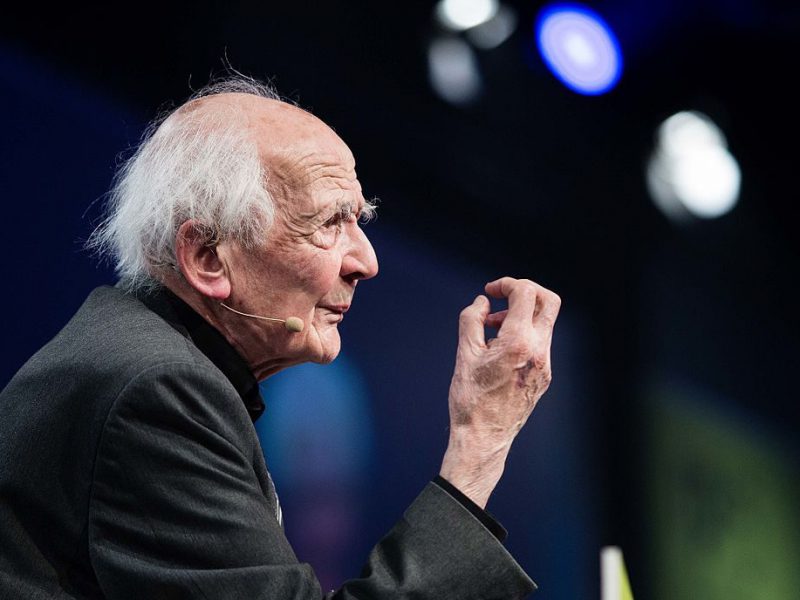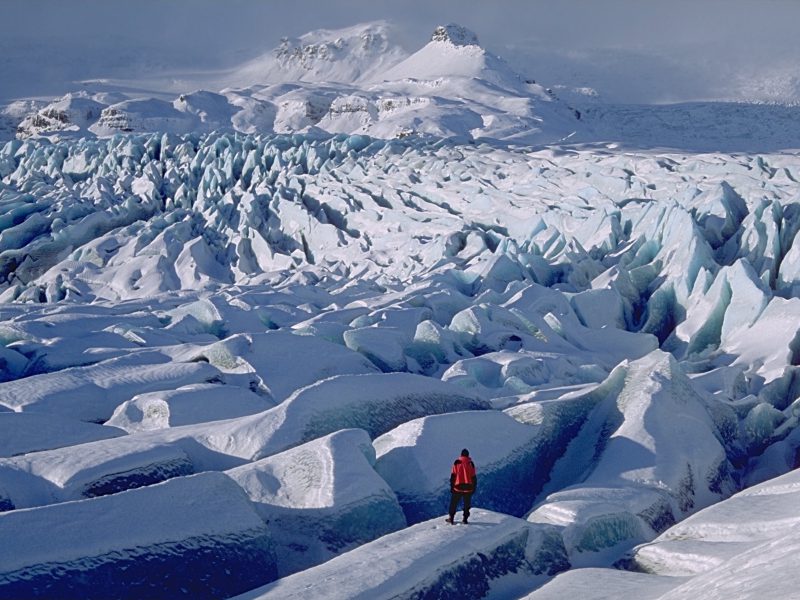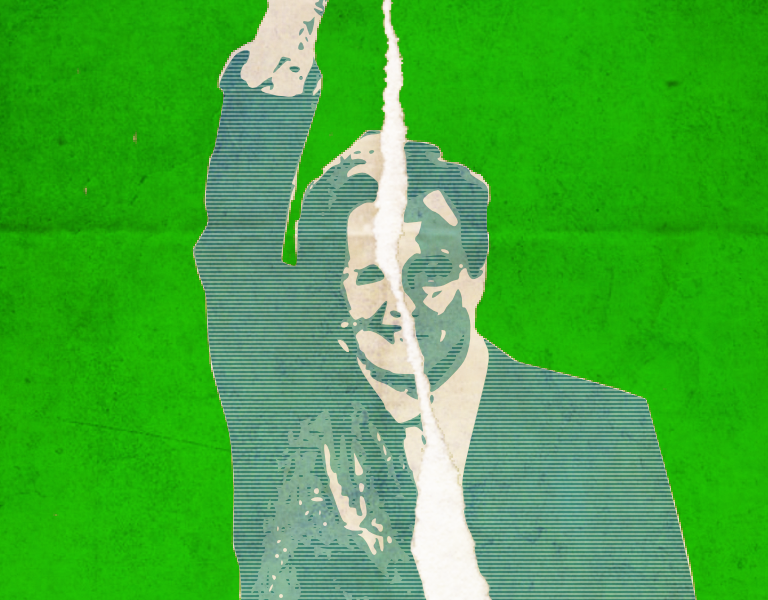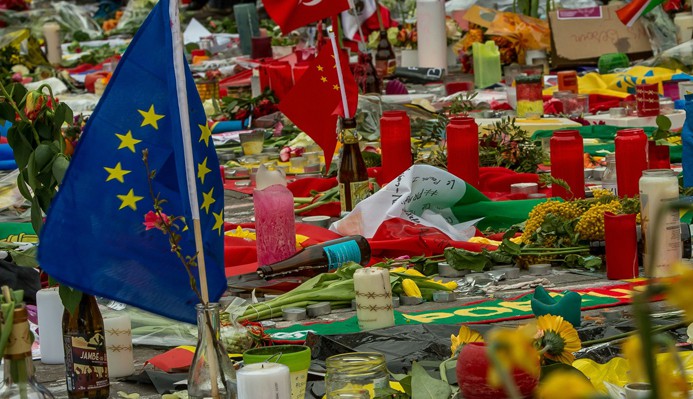#45 at this year’s General Assembly
An Open Letter to Friends of the United Nations The only head of state so far committed to physically addressing the opening of the new UN General Assembly session is US President Trump. As the rules for COVID-19 allow only one of the six seats of each country’s delegation in the General Assembly Hall to…

